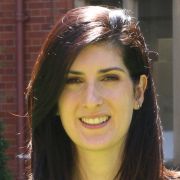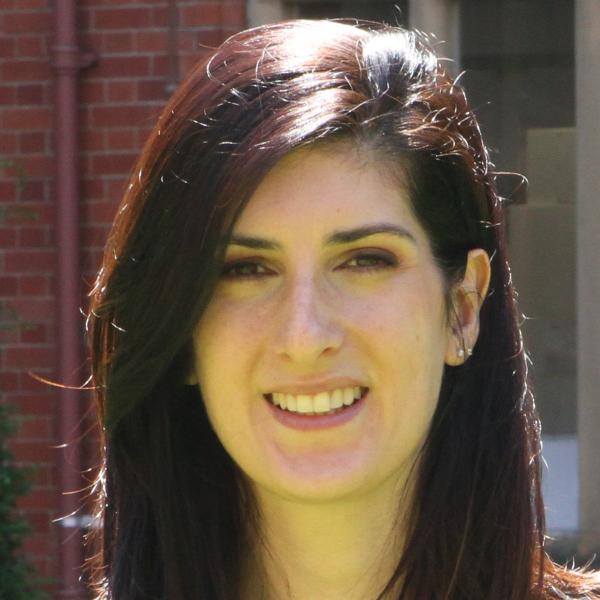- A new book from a University of ļý¬ę”į“Ķ academic flips the script on the accepted narrative that modern global history began when the 'Old World' encountered the 'New'
- On Savage Shores highlights the stories of Indigenous peoples of the Americas who simultaneously ‚Äėdiscovered Europe‚Äô and how their presence influenced European history and culture
- Dr Dodds Pennock will be talking about her new book at a free event open to all at ļý¬ę”į“Ķ Central Library on Wednesday 8 February 2023
A new publication aims to challenge the accepted narrative that modern global history began when the 'Old World' encountered the 'New'; when Christopher Columbus 'discovered' America in 1492.
On Savage Shores: How Indigenous Americans Discovered Europe, written by Dr Caroline Dodds Pennock, Senior Lecturer in International History at the University of ļý¬ę”į“Ķ, highlights how, as Europe supposedly ‚Äėdiscovered‚Äô the Americas, tens of thousands of Indigenous Americans simultaneously made the journey across the Atlantic, and forged the course of European civilisation just as Europe also changed America.
Dr Dodds Pennock researches Indigenous histories, and is the only UK historian specialising in the history of the Aztec-Mexica people. On Savage Shores is a culmination of her work to shine a light on the impact of the Aztecs, Maya, Totonacs, Inuit and others - enslaved people, diplomats, explorers, servants, traders - who travelled to Europe between 1492 and the founding of Jamestown in 1607.
She said: ‚ÄúThis is a period of history that most people think they already know well - the ruffed and cod-pieced world of the Tudors, and the so-called ‚ÄėGolden Age‚Äô of Spain - but how many people know that there was a Brazilian King at the court of Henry VIII, that human sacrifice was mocked up at the Spanish court, or that tens of thousands of Indigenous people were enslaved in Spain, Portugal and farther afield?
‚ÄúMy hope is that this book tells their stories, and many others, in a way that will transform public understanding of this famous period of history.‚ÄĚ
Dr Dodds Pennock also hopes that the book - published this week - will speak to current conversations on migration, identity and empire and highlight the experiences of those who travelled to new shores to find a very different world and have a profound effect on the Europes they encountered.
Indigenous peoples were a vital part of the networks that created the cosmopolitan world we know today, bringing commodities like chocolate, tobacco, potatoes and tomatoes. They were translators and diplomats, representing their peoples and nations to crowns and courts. They travelled to Europe as family members, friends and servants, and their bodies and cultures were displayed for the curiosity and entertainment of Europeans, but most often, they were enslaved, kidnapped and shipped far from their homes, and forced into bondage at the heart of the empire.
The book explores stories like those of Nutaaq, a tiny Inuk (Inuit) baby, who is represented in the paintings of John White. Brought to England in 1577, he was put on display at a London pub, but tragically died after only eight days in the capital. He was buried in an unmarked grave at St Olave’s, a tiny church that still stands on the corner of Seething Lane in the City.
Dr Dodds Pennock’s work shows us how stories like Nutaaq’s don't vanish from history, just from the parts of it we regularly see and hear about, and are significant in their own right, as well as in how they shaped our understanding of a global past.
Dr Dodds Pennock said: ‚ÄúThese Indigenous travellers refashion our image of early modern Europe and the ways in which our world was made; they are very much a part of a great global story. My work looks at these world views and cultures, which had a profound impact on European civilisation, through their surviving literature, poetry, legal records and eyewitness accounts.‚ÄĚ
Dr Dodds Pennock will be speaking about her work at ļý¬ę”į“Ķ Central Library at a free event open to all on Wednesday 8 February at 6:30pm. To register for the event, click .
Dr Caroline Dodds Pennock featured on this week's and On Savage Shores: How Indigenous Americans Discovered Europe, has also been serialised for which will be broadcast everyday at 9.45am on Radio 4.



